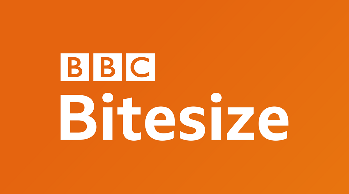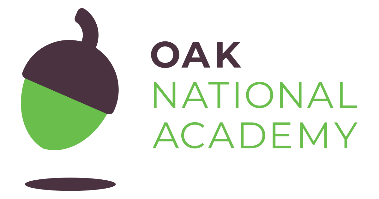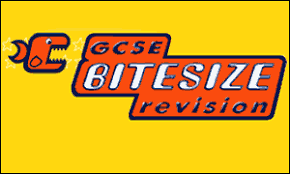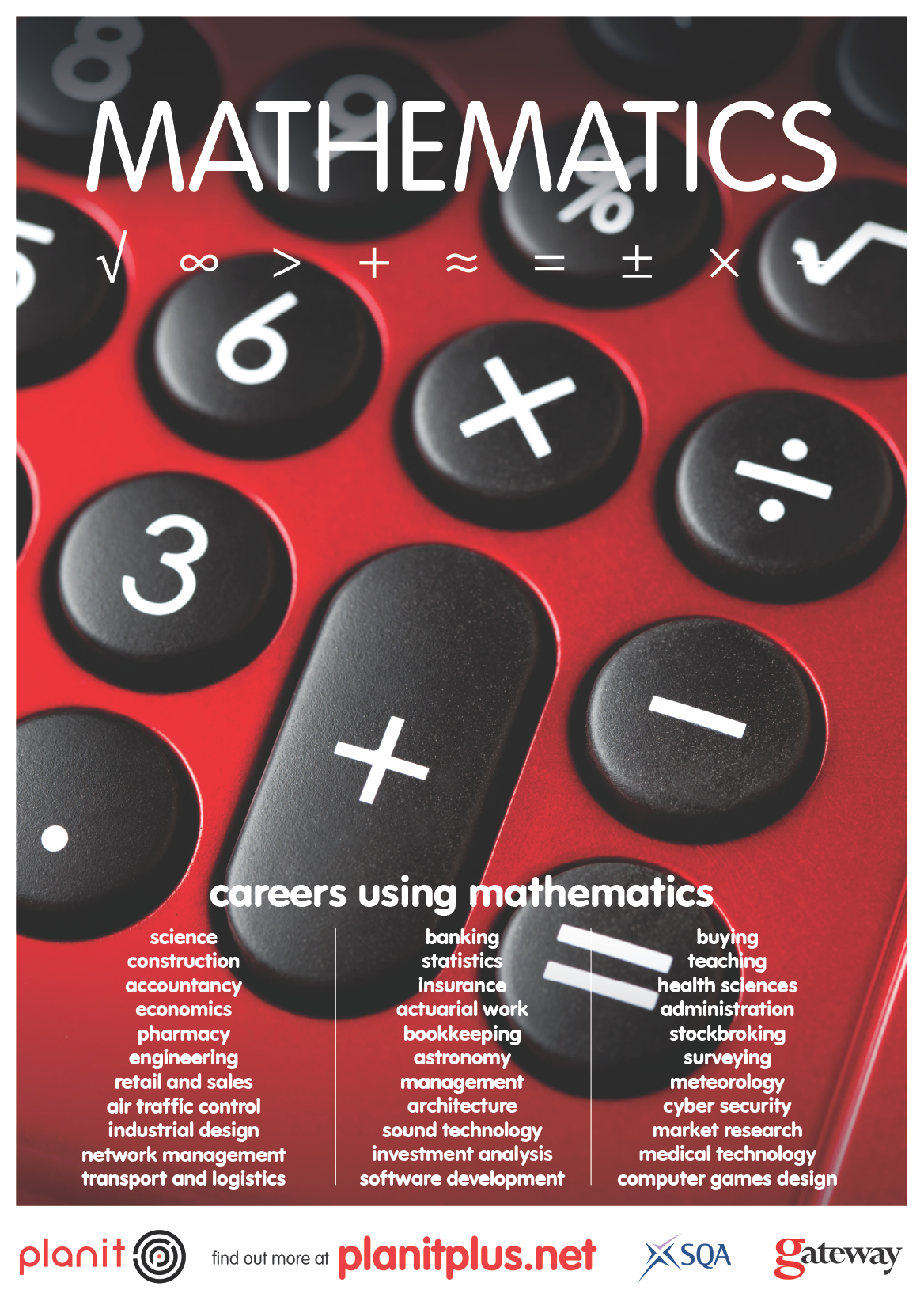Maths
Curriculum vision
“Education is not the learning of facts, but the training of the mind to think.” Albert Einstein
Our Maths curriculum is centred on the belief that all of our students will become analytical thinkers and problem solvers. We must nurture an inquisitive mind-set, whereby all our students believe they can achieve.
Problem solving is achieved through:
- Placing a greater emphasis on prioritising thinking over ‘getting the answer’. (Developing mind through thinking)
- Exploring different elements in depth and encouraging students to attempt a variety of strategies aiming to foster a sense of creative thinking and allow for pupils to be ingenious in their approach. (Developing body through varied exploration)
- Collaborating and forming a shared understanding that will support the students in achieving an appreciation for how mathematics is an interconnected subject that is multi-dimensional. (Developing character through collaboration)
Through carefully planned questioning, we promote the ability to explore topics and open up more pathways in creating critical thinkers. Our students will learn to respect the complexities of the subject and build relationships between the team and each other in order to do this successfully. Additionally, we do this by allowing more time for students to think, process and reflect. We use a wide variety of different stimulus in the teaching of the subject in order to promote an atmosphere that encourages positive attitudes and a resilience to learning, enjoyment of mathematical activity and the sharing of understanding with others.
“My maths teachers have taught me how to solve problems, in lessons and in life!” Year 8 student
Curriculum overview
Maths – Curriculum Overview
|
|
Half-term 1 (Autumn) |
Half-term 2 (Autumn) |
Half-term 3 (Spring) |
Half-term 4 (Spring) |
Half-term 5 (Summer) |
Half-term 6 (Summer) |
|
Year 7 |
Sequences Number Functions Place Value |
Rounding Averages Graphing Data |
Fractions/Decimals/Percentages Directed Number
|
Fractions and Percentages of amounts Perimeter and Area
|
Speed, distance, time Properties of Number |
Add and Subtract Fractions Angles and Polygons
|
|
Year 8 |
Ratio Proportion and Scale Aglebraic Manipulation Coordinates and Graphs |
Coordinates and Graphs continued Multiply and Divide Fractions Symmetry and reflection Area, volume and density |
Equations and inequalities Percentages Indices
|
Standard form Interpret and represent data Angles in Parallel lines and polygons |
Probability Circles |
Graphs and Charts Sequences
|
|
Year 9
|
Properties of Number Percentages Area and Volume Equations, inequalities and formulae |
Fractions Standard form |
Maths and Money Straight line graphs |
Ratio and Proportion Constructions and Congruence Similarity Algebraic Manipulation |
Pythagoras’ Theorem Trigonometry Nonlinear graphs |
Probability
|
|
Year 10 |
Algebraic manipulation Equations, Inequalities and formulae, Quadratic expressions and equations Percentages |
Ratio and Scale Work with fractions Non Calculator Methods |
Straight line graphs Probability Rounding and Estimation Perimeter, area and Volume |
Interpret and represent data Nonlinear Graphs Angles |
Graphs and diagrams Vectors |
Fractions and powers |
|
Year 11 Foundation |
Ratio and proportion Area and volume Similarity and congruence Algebra
|
Sequences Standard form Work with circles Probability, Set notation and Venn diagrams Mock Exams Mock Review |
Graphs Percentages Rates, averages and data |
Angles, bearings and trigonometry Transformations Mock Exams Mock Review
|
Constructions and Loci Plans and Elevations Vectors |
Exams |
|
Year 11 Higher |
Ratio and proportion Area and volume Similarity and congruence Sequences and proof Standard form |
Circle Theorems Probability, Set notation and Venn diagrams Vectors Functions and Graphs Equations and Formulae |
Equations and Formulae Rates Angles, bearings and trigonometry Constructions, bearings and loci |
Transformations Revision and Consolidation |
Revision and examinations |
Revision and examinations |
Curriculum accreditation
Key Stage 4 Maths students follow the Edexcel GCSE Mathematics specification.
The full Edexcel GCSE Mathematics specification can be downloaded at the bottom of the page.
Further learning
Additional subject specific materials and resources to support learning in Maths can be found be visiting the websites below.
Click on the KS3 BBC bitesize logo to visit their website
Click on the KS3 Oak Academy logo to visit their website
Click on the GCSE BBC bitesize logo to visit their website
Click on the KS4 Oak Academy logo to visit their website
Additional subject specific materials and resources to support learning in English Literature can be found be visiting the websites below.
Click on the GCSE BBC bitesize logo to visit their website






